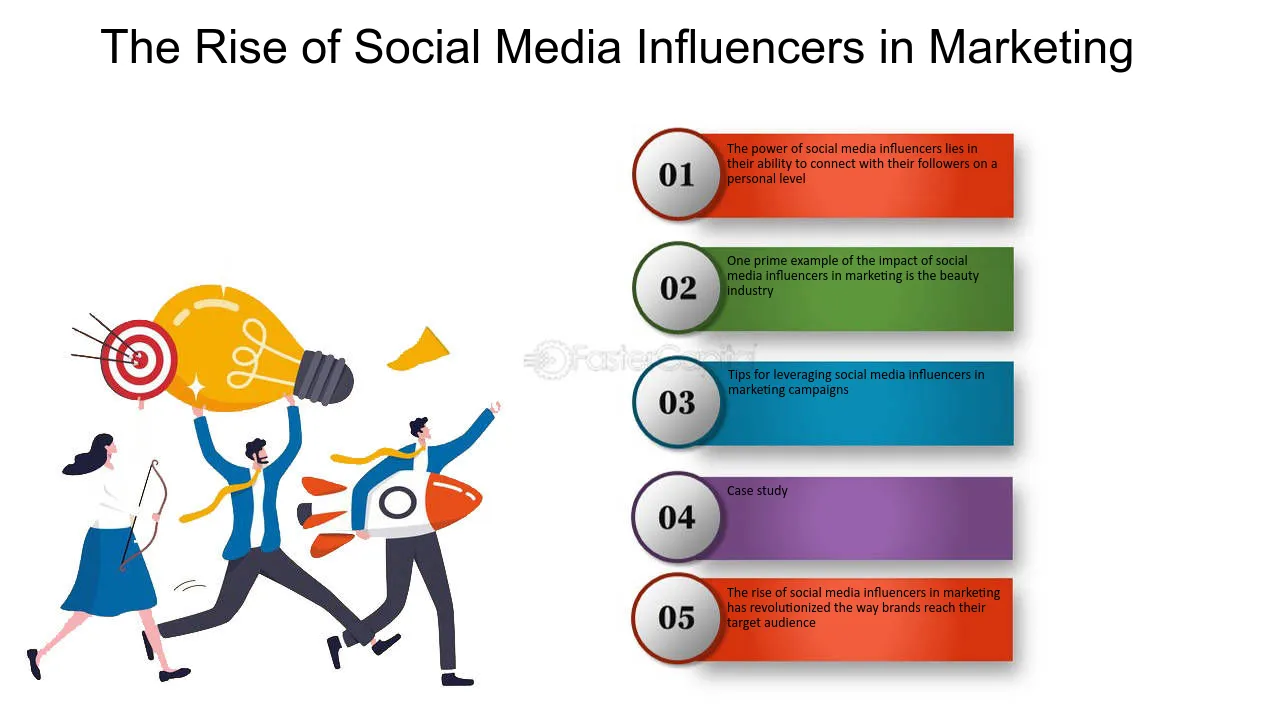Multi-channel advertising campaigns, where brands use multiple platforms to reach their audience, can offer extensive reach and diverse engagement opportunities. However, managing these campaigns effectively comes with its own set of challenges. Understanding and addressing these challenges can help optimize your advertising efforts and achieve better results.

Coordinating Across Channels
One of the primary challenges in multi-channel advertising is ensuring consistent messaging and branding across all platforms. Each channel, whether it’s social media, search engines, email, or display ads, has its own format and audience expectations. Maintaining a cohesive message that aligns with your brand’s voice and objectives is crucial for creating a unified campaign experience.
To address this, develop a comprehensive campaign strategy that outlines the key messages, goals, and creative guidelines for each channel. This ensures that while the content may be tailored to fit each platform’s format, the core message remains consistent. Regular communication and collaboration among your marketing team members or agencies can also help keep everyone aligned.
Managing Diverse Content Formats
Different advertising channels require different types of content. Social media platforms might need short, engaging videos or eye-catching images, while email campaigns could benefit from detailed copy and personalized offers. Adapting your content to fit each channel’s format and audience preferences can be time-consuming and resource-intensive.
To streamline this process, create a content calendar that outlines what content will be used on each channel and when. This allows for better planning and ensures that content is optimized for each platform. Consider leveraging content management systems and automation tools to simplify the process and maintain consistency.
Measuring Performance Across Channels
Tracking and measuring the performance of multi-channel campaigns can be complex due to the variety of metrics and tools used across different platforms. Each channel may provide different data points, making it challenging to get a holistic view of the campaign’s effectiveness.
To overcome this, use integrated analytics tools that can aggregate data from multiple channels. This provides a comprehensive view of campaign performance and allows for better analysis and decision-making. Set clear KPIs for each channel and track them consistently to assess the success of your campaign and make data-driven adjustments.
Allocating Budget Effectively
Budget allocation is another significant challenge in multi-channel advertising. With multiple channels competing for your budget, it can be difficult to determine how much to spend on each platform to achieve the best results. Over-spending on one channel may lead to underperformance on others, while under-spending might miss out on valuable opportunities.
To address this, start by analyzing past campaign performance to identify which channels have delivered the best results. Use this data to inform your budget allocation strategy. Additionally, consider implementing a flexible budget approach that allows for adjustments based on real-time performance and emerging trends.
Ensuring Targeting Accuracy
Effective targeting is crucial for maximizing the impact of your multi-channel campaigns. Different channels offer various targeting options, from demographic and behavioral targeting to geo-targeting and retargeting. Ensuring that your ads reach the right audience on each channel requires careful planning and execution.
Leverage the targeting features of each platform to refine your audience segments and tailor your messaging accordingly. Regularly review and adjust your targeting parameters based on performance data to ensure that your ads are reaching the most relevant audiences.
Maintaining Brand Consistency
Brand consistency is essential for building trust and recognition. In a multi-channel campaign, maintaining a consistent brand voice, visual identity, and message across all platforms can be challenging. Inconsistencies can confuse your audience and dilute your brand’s impact.
Create brand guidelines that detail how your brand should be presented across different channels. These guidelines should cover aspects such as tone of voice, visual style, and messaging. Share these guidelines with your team and any external partners to ensure that all content aligns with your brand identity.
Adapting to Platform Changes
Social media platforms and other advertising channels frequently update their algorithms, features, and policies. Staying informed about these changes and adapting your strategy accordingly is crucial for maintaining campaign effectiveness.
Subscribe to industry news, follow platform updates, and participate in relevant forums to stay updated on the latest changes. Regularly review your campaign performance and adjust your strategy to accommodate new features or shifts in platform dynamics.
Conclusion
Navigating the challenges of multi-channel advertising campaigns requires careful planning, coordination, and adaptability. By ensuring consistent messaging, managing diverse content formats, measuring performance effectively, allocating budget wisely, targeting accurately, maintaining brand consistency, and adapting to platform changes, you can optimize your multi-channel campaigns and achieve better results. Embrace these strategies to enhance your advertising efforts and connect with your audience across multiple touchpoints.




